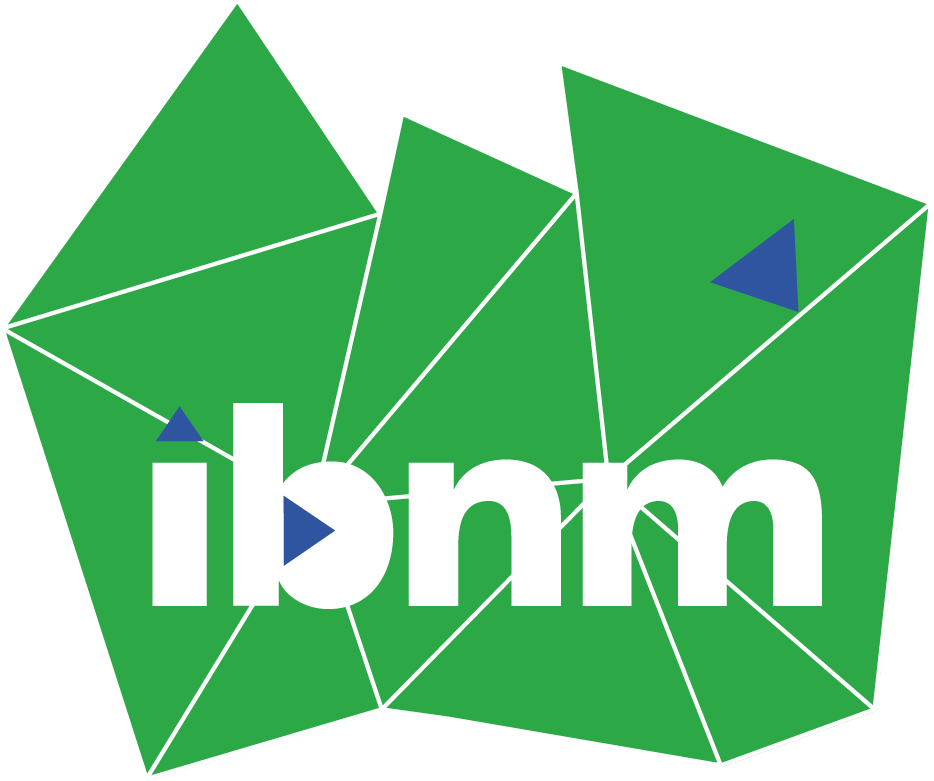An overview of currently offered topics for student projects and theses is provided here. Topics will be defined on an individual basis with the primary supervisor. You may also suggest a topic within our scope of teaching and research. Also browse the staff pages to learn more about their individual research interests and projects.
Each thesis consists of a written report (80%) and a presentation within a colloquium (20%).
-
Who do I contact if I have any questions?
Theses in the Bachelor's programme:
Take a look at the topics offered. Some topics are already concretely formulated, others are general and can be concretised in consultation with the supervisor. If you are interested in a topic, please contact the supervisor (see PDF file). If no PDF file is linked or no supervisor is noted, please contact our staff member Dr. Yousef Heider via this mail address. He will also advise you on general questions regarding work in the Bachelor's programme.
Theses in the Master's programme:
Take a look at the topics offered. If you are interested in a topic, feel free to contact the supervisor directly (see PDF file).
- NEW: Request form
-
Error message when opening PDF?
For a lot of topics you will find a linked PDF file on this page. If you are not able to open the file, please contact webredaktion@ibnm.uni-hannover.de and mention the title where the error occurred. We will look into it as soon as possible and let you know once the error has been corrected.
Study Paper (PO19) = Wissenschaftliches Arbeiten im Ingenieurwesen
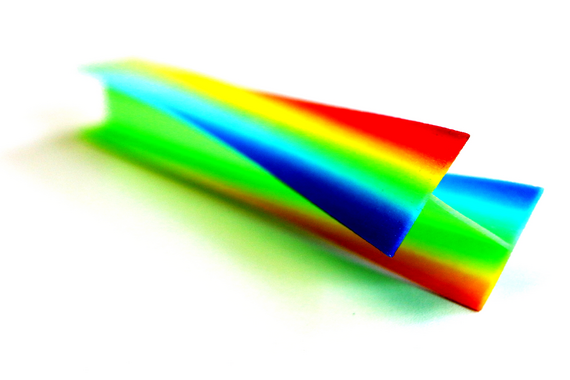
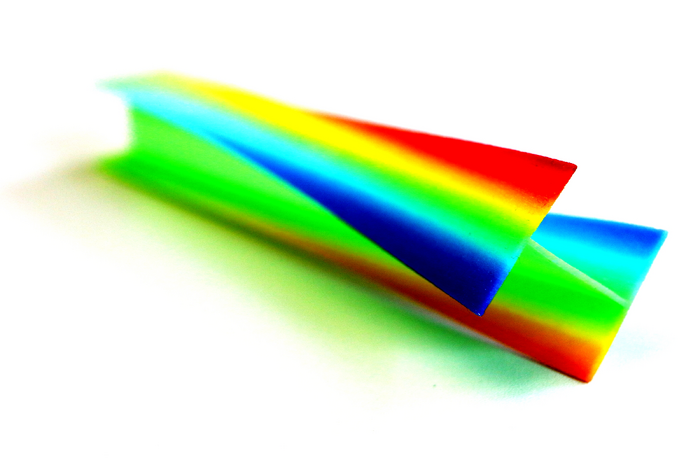
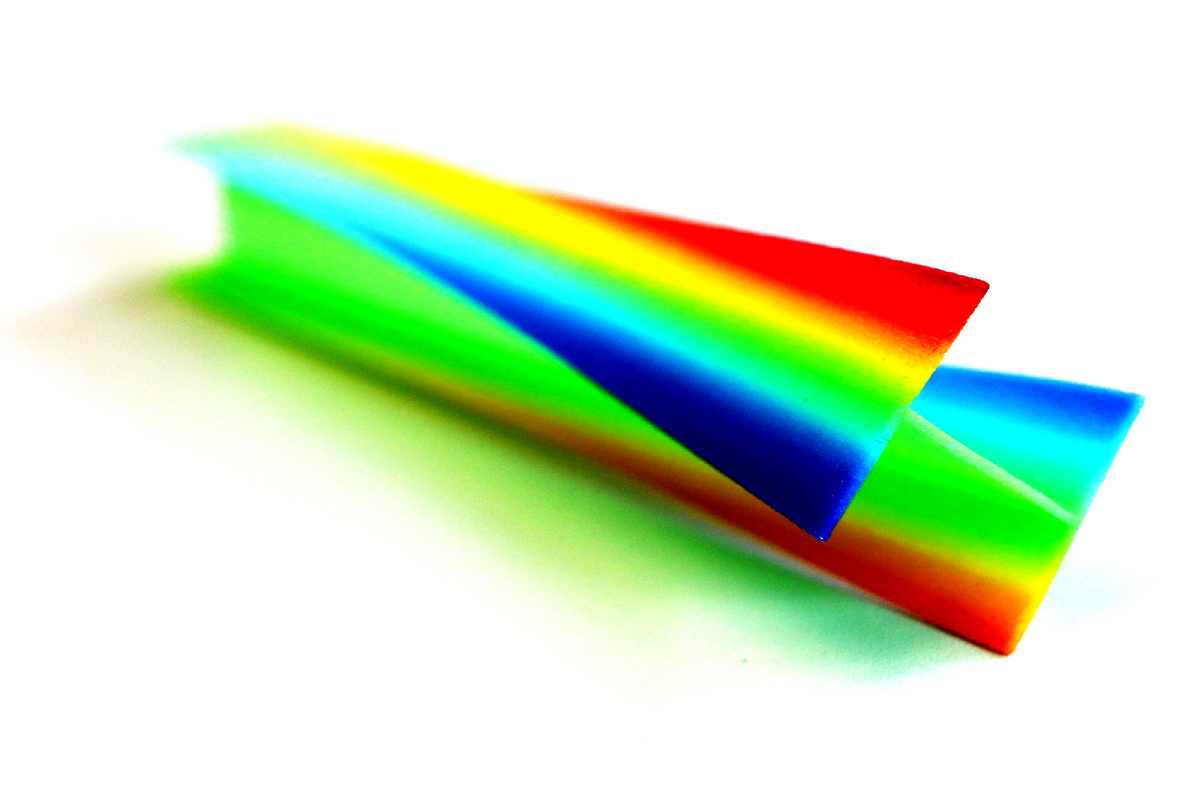
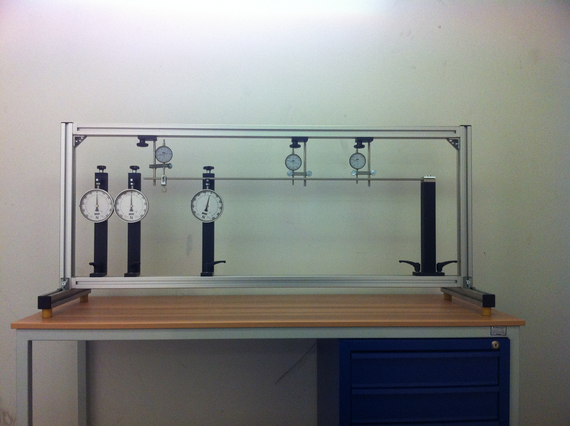

 ©
IBNM 2018
©
IBNM 2018
5CP (Workload 150h)
As part of the module Wissenschaftliches Arbeiten im Ingenieurwesen, the study paper is the first scientific work during the Bachelor's programme. The aim is to learn scientific standards by means of an experimental, analytical or numerical project.
At the IBNM, the following topics are currently offered for which knowledge of engineering mechanics or computational mechanics is a prerequisite:
Prerequisite Engineering Mechanics A and B
- Experimental studies (optional video documentation):
- on failure hypotheses
- on oscillation behaviour
- on beams subjected to bending loads
- on stress distribution by using photoelasticity
- Analytical studies (optional Matlab implementation):
- on the Timoshenko beam theory
- on inclined bending
- on oscillators with several degrees of freedom (MDOF oscillators)
- on composite beams
- on continuous oscillations
Prerequisite Computaional Mechanics
- General topics:
- 3D FE stress analysis
- Vibration analysis
- Investigation of random variables
Students who did not attend the course Computational Mechanics may study these fundamentals themselves (e.g. with the help of our ILIAS module).
If you have further questions, please contact Dr. Yousef Heider via stud-arbeiten@ibnm.uni-hannover.de.
Bachelor Thesis
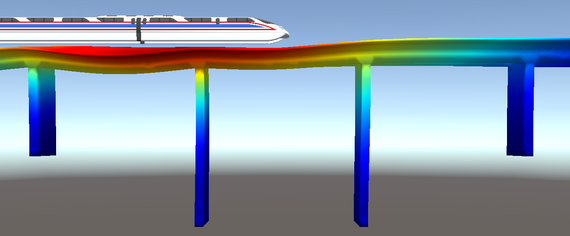

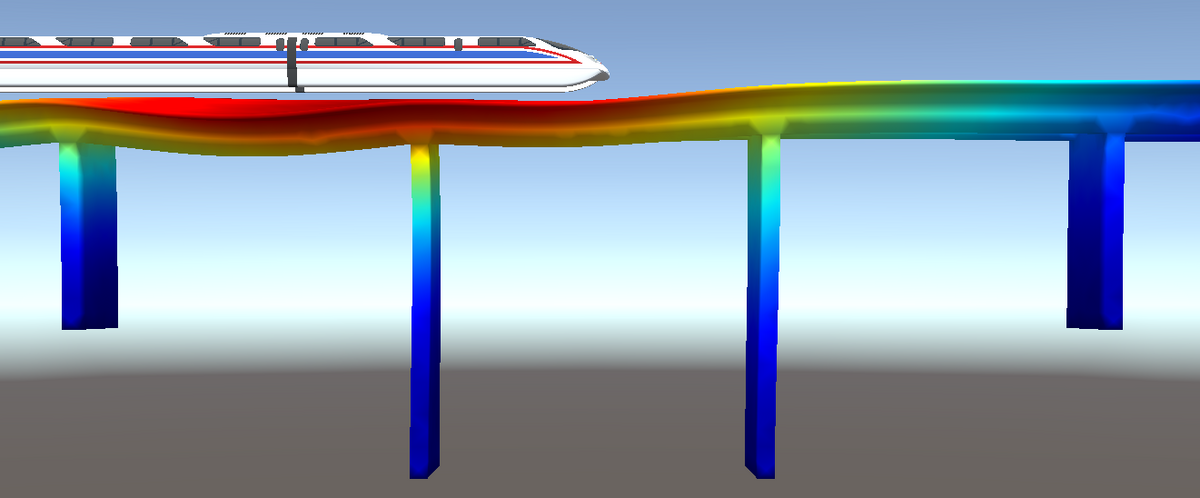
12CP (Workload 360h) // Duration 6 months
The bachelor thesis is the final thesis of the Bachelor programme. At IBNM the topic usually has a major numerical aspect. While it is not required that the student has passed Computational Mechanics, fundamental knowledge of numerical methods such as FEM is expected. Otherwise the knowledge must be independently gained outside the thesis through personal study.
The following topics are currently offered at IBNM:
- Visualising results within the IBNM's Matlab FE code
- Numerical stress state analysis in AR and VR
Interdisciplinary Project (PO19) = Seminar Thesis (PO15)
12CP (Workload 360h) // Duration 6 months
The (interdisciplinary) project replaces the seminar thesis according to the previous exam regulations. The project aims to apply the student's knowledge to an engineering problem. Here, an interdisciplinary context should be considered, e.g. collaboration with other institutes or faculties. The (interdisciplinary) project may be written in preparation for the master thesis.
Among many topics, the following are offered at the IBNM:
- FEM implementation of a coupled diffusion-deformation theory for hydrogels (This project will be supervised/written in English)
- Neural Network guided Finite-Element Model Creation from Medical Image Data (This project can be supervised/written both in German or English)
- Models for damage development in concrete on the macro, meso and micro scale (Contact Mohammed Hammad / This project can be supervised in English and German. English is recommended for the written work)
- Parametric investigations for bone-implant surgery planning (Contact Marlis Reiber / This project can be supervised/written both in German or English)
5CP (Workload 150h) duration 6 months
The seminar thesis is a literature review or study within the Master programme. Ideally, it is followed by a master thesis within the same field of research. In this case, the student can use the seminar thesis to prepare for the master thesis.
Master Thesis

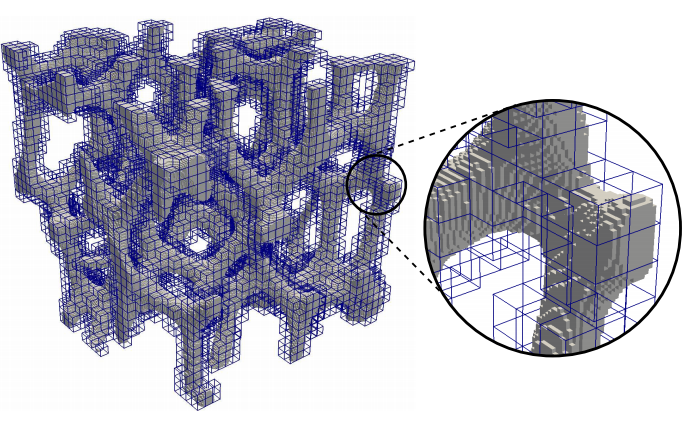
 ©
IBNM 2020
©
IBNM 2020
24CP (PO19), 25CP (PO15) (Workload 720h / 750h) // Duration 6 months
The master thesis is the final thesis of the Master programme. The student is to work on a research project within the current state of the art.
The following topics are currently offered at IBNM:
- Master Thesis Virtual Characterization of Short Glass Fiber-Reinforced Polymers based on Micromechanical Simulations on Real Image.(This project is in cooperation with Bosch)
- Thesis Mechanical Modeling of Thermoplastics under Multiaxial Loading ConditionsThesis Mechanical Modeling of Thermoplastics under Multiaxial Loading Conditions (This project is in cooperation with Bosch)
- Data-driven simulation of Gaussian and non-Gaussian random fields (This project will be supervised/written in English)
- Numerical implementation of efficient stochastic finite element methods using Abaqus (This project will be supervised/written in English)
- Efficient stochastic isogeometric analysis for large-scale and high-dimensional stochastic problems (This project will be supervised/written in English)
- Stochastic finite element method based structural reliability analysis (This project will be supervised/written in English)
- Modelling of concrete damage under monotonic loading using the finite element method with ABAQUS (This project can be supervised both in English and German. English is recommended for the written work)
- Modelling the effect of creep and shrinkage on the behaviour of concrete using the finite element method with ABAQUS (This project can be supervised both in English and German. English is recommended for the written work)
- Nonlinear dynamical systems identification using kernel-based state-space models (This project will be supervised/written in English)
- Impact of mechanical stresses on Li-ion battery performance (This project will be supervised/written in English)
- Stochastic isogeometric analysis using B-spline chaos expansion in the context of non-linear finite element method (This project will be supervised/written in English)
- Individual based Modelling of Quorum Sensing (This project can be supervised both in English and German. English is recommended for the written work)
- Multifidelity importance sampling for non-linear stochastic finite element calculations (This project can be supervised & written both in English or German)
